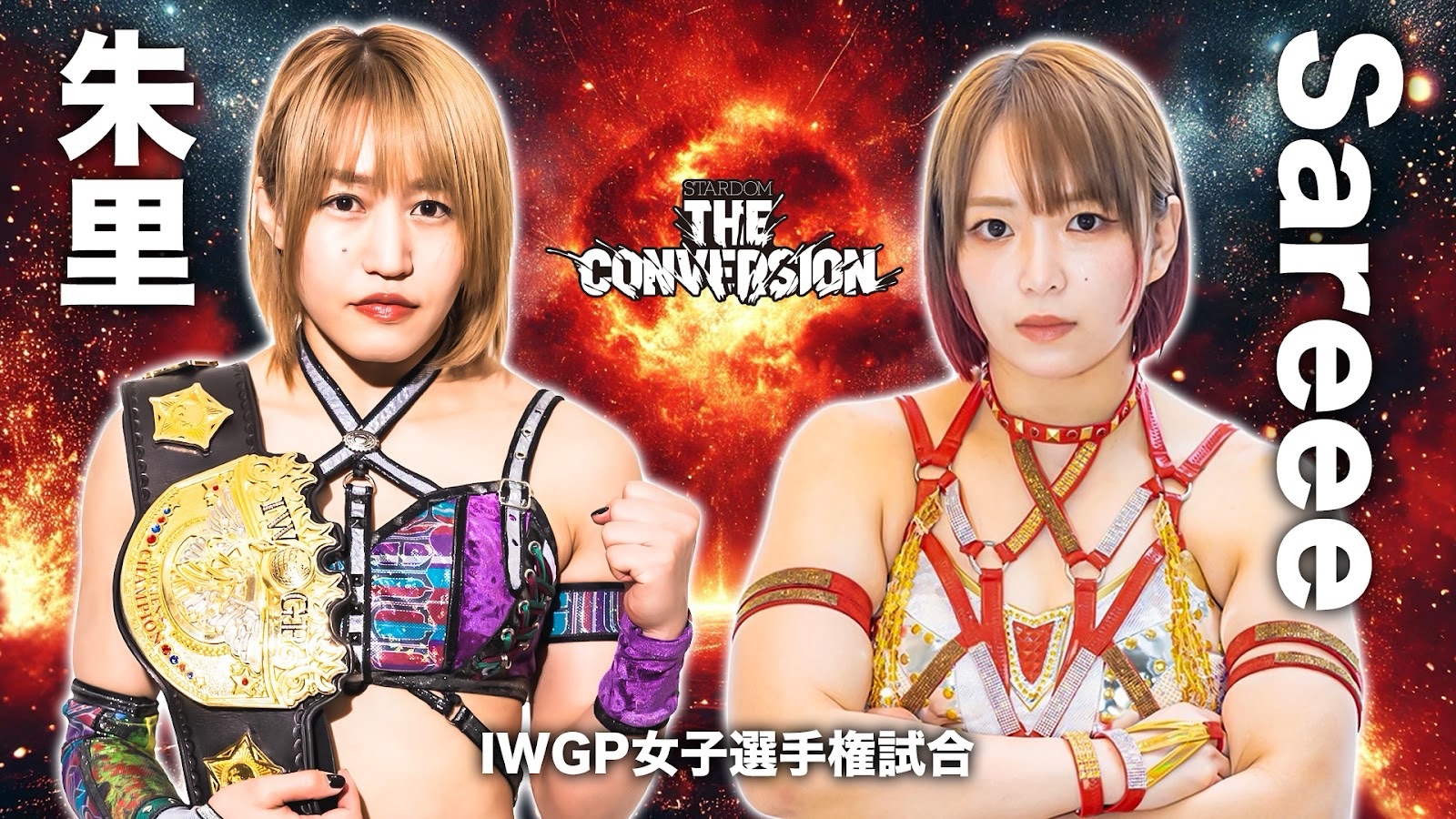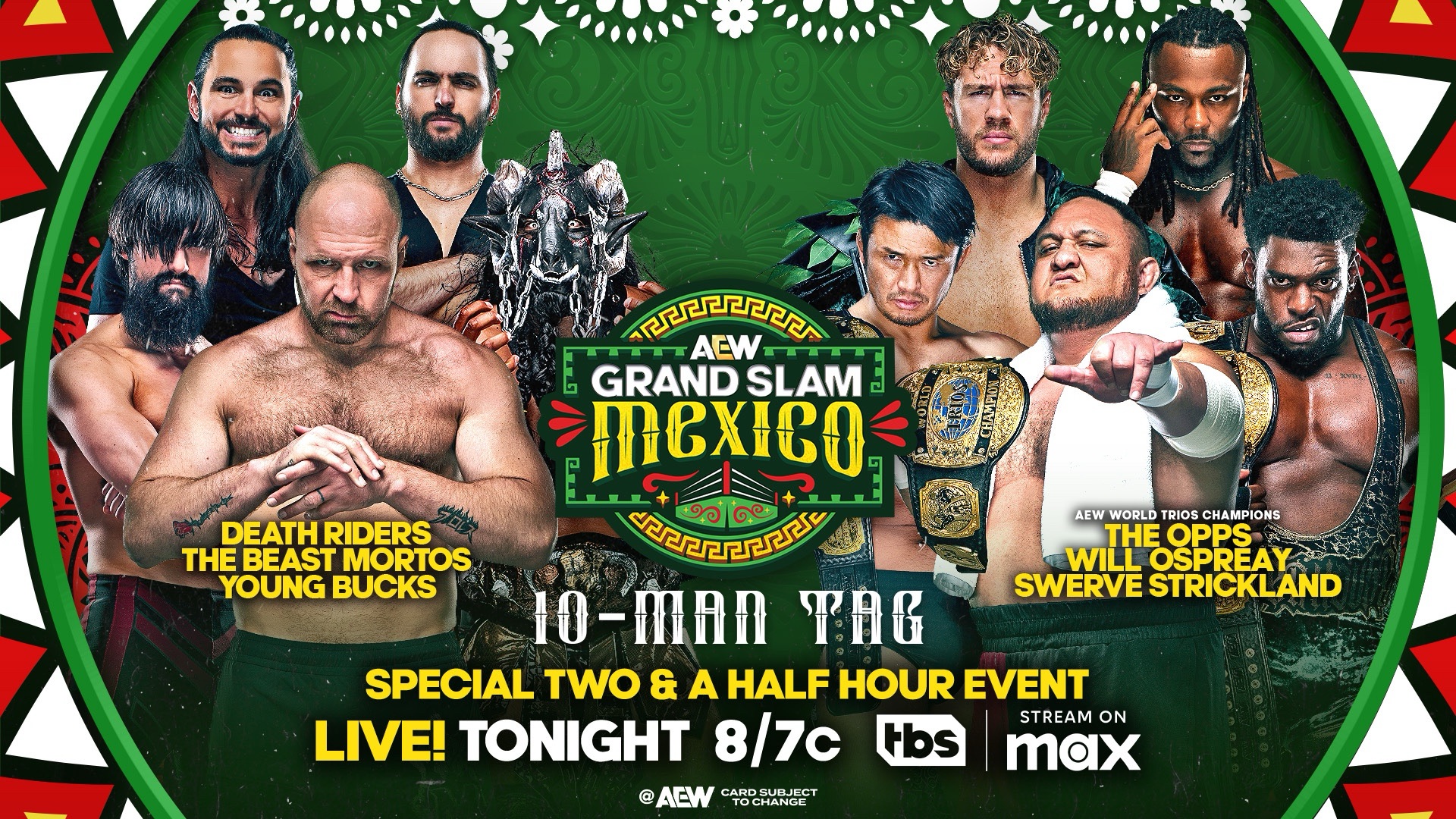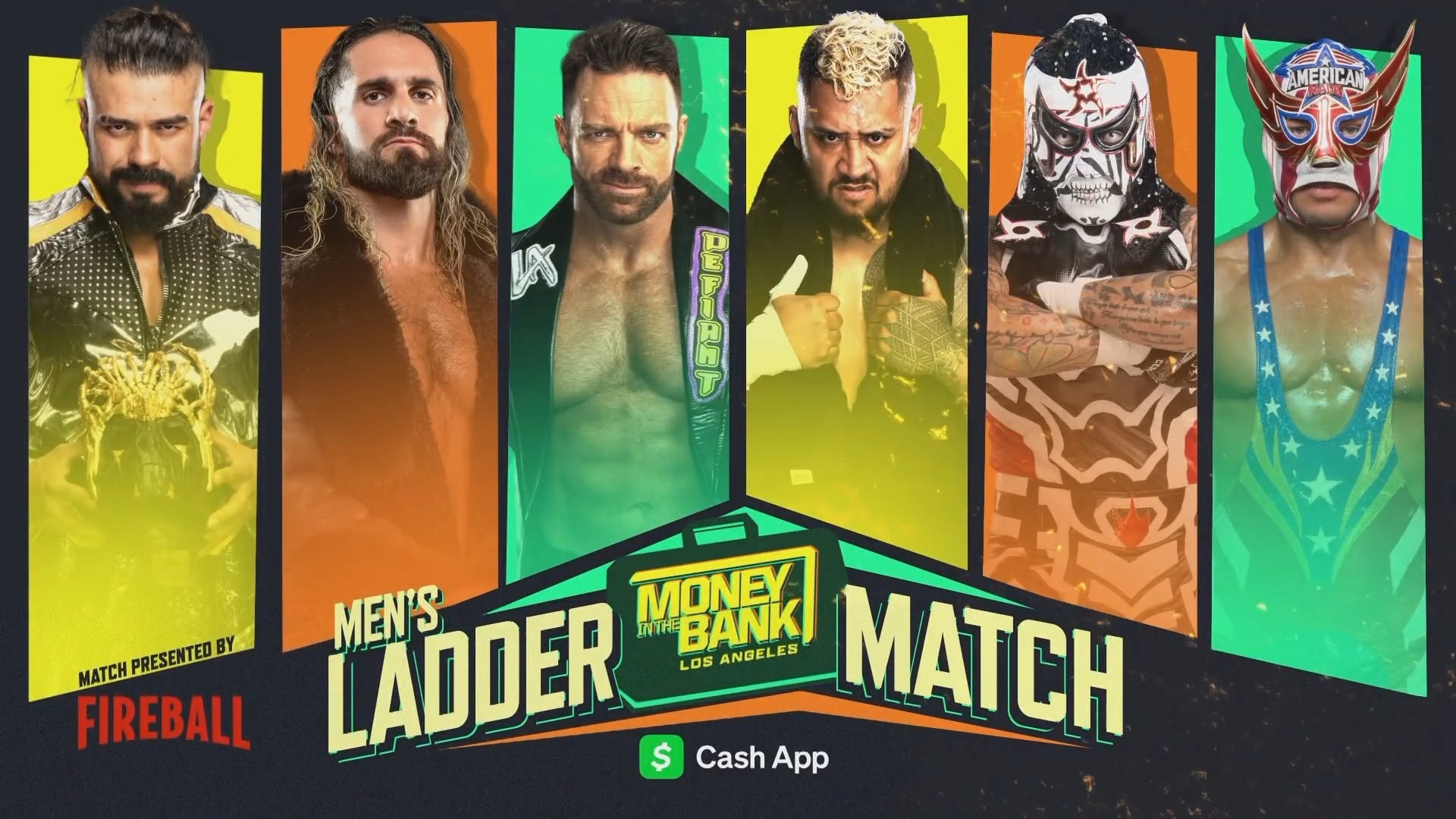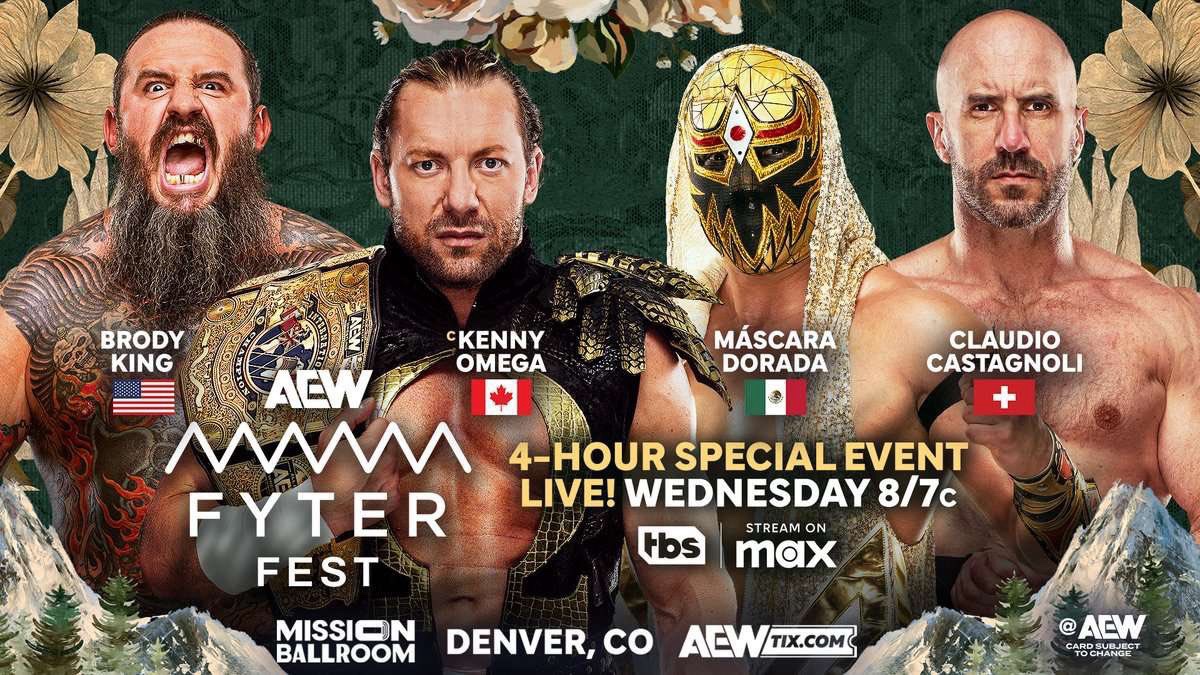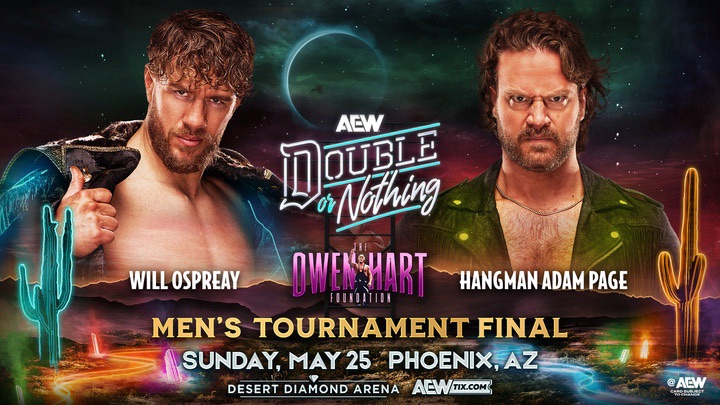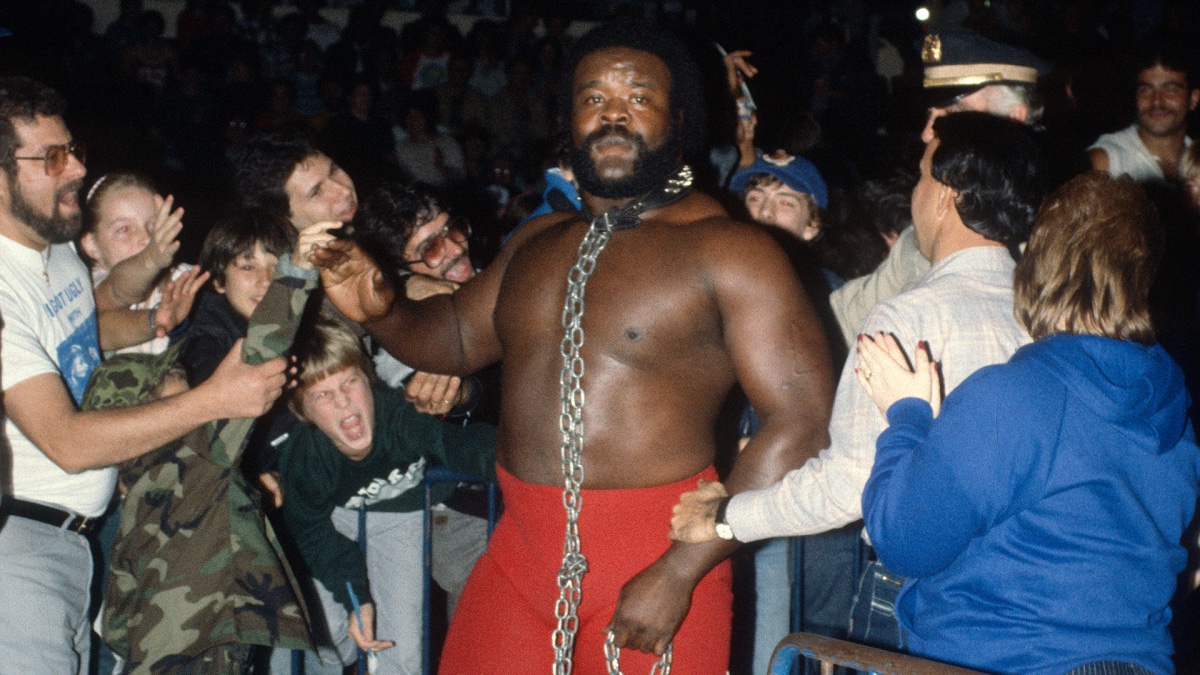
I once got into a heated debate on Twitter about whether The Junkyard Dog should have been NWA Worlds Heavyweight Champion back in the early eighties.
The debate became spirited, as my challenger retorted that JYD didn’t need any significant championship and should have just stayed in his lane as the famous Black wrestler who got the crowd dancing….
My mouth dropped just as much as yours did reading it. Not because of the blatant racism in that comment, but it reminded me of the countless phenomenal Black wrestlers that SHOULD have been World Heavyweight Champion during the 70s and 80s. Junkyard Dog is near the top of that long list.
You see, JYD was OVER. His most notable audience was when he was the premier babyface of Mid-South Wrestling, undoubtedly the first Black superstar to be a wrestling promotion’s top draw. In an era where Black wrestlers were top regional stars but were never allowed to be the World Heavyweight Champion for the NWA or WWE, JYD shined bright by headlining arenas and stadiums all over the United States. Whenever people heard Queen’s “Another One Bits The Dust” blare through arena speakers, the crowd would jump on its feet and stay there until that final bell to see JYD triumph over the big regional heel. History doesn’t do justice to the level of success that he experienced in the wrestling industry during this time. It was once said the most outstanding worker was the one who drew the house, and there was no better worker in that sense than JYD.
That’s why it’s not out of the realm of possibility that he could have been the NWA Worlds Heavyweight Champion. In an era where racial tension was still high and outside of a select few Black wrestlers that were given time to shine, the monumental occasion of a Black man winning wrestling’s richest prize is something that should be explored from a cultural and historical perspective, especially through the eyes of a young fan looking at the paradigm shift that frankly, would have made sense.
So let me explain.
Sylvester Ritter was floating during the early parts of his career. Applying his trade in the Tennessee territory for promoter Jerry Jarrett, the glimpse of excellence emerged when he took his talents to Stu Hart and Stampede Wrestling in Canada. Under the moniker “Big Daddy Ritter,” the young brute had a swagger that was uncommon for the regions of Alberta that often saw him go against the likes of a young Bret Hart, Jim Neidhart, and even an intense rivalry with Jake Roberts. The future legends feuded over Stampede’s premier title, The North American Championship, culminating in one of the first ladder matches in wrestling history.
Ritter displayed a level of confidence that was only seen by the industry’s biggest stars of that period. For every Jack Briscoe and Dory Funk Jr that relied heavily on their in-ring ability, Ritter echoed the showmanship of a Superstar Billy Graham or Dusty Rhodes that allowed their personalities to draw people to the shows. All he needed was a little fine-tuning and the right area to thrive.
Enter Mid-South Wrestling.
Mid-South, run by the rugged “Cowboy” Bill Watts, ran shows throughout Louisiana, Mississippi, and Oklahoma. Watts gave Ritter the gimmick of “The Junkyard Dog” that saw the big man wearing a long chain attached to a dog collar. While he initially saw little success, it was JYD’s feud with The Fabulous Freebirds that sent him into the stratosphere of success when leader Michael Hayes threw hair cream into the eyes of Dog, “blinding” him. To add to the drama of the feud, it was explained that JYD could not see his newborn baby daughter, and that added sympathy to the frowning popularity that he was experiencing. The heated rivalry brought a record crowd to the Louisiana Superdome, desperate to see JYD get his bloody revenge on Hayes in a Steel Cage Dog Collar match. By 1983, Junkyard Dog was arguably the most popular wrestler in the world, and it wasn’t long after where Vince McMahon would sign him to compete for the World Wrestling Federation (now known as WWE), at one point becoming the second babyface under Hulk Hogan at the height Hulkamania. While he did have a successful career up north, he never reached above midcard status and was no longer the main draw in Mid-South Wrestling.
But what if he stayed?
Mid-South Wrestling was loosely affiliated with The National Wrestling Alliance, so the NWA Worlds Heavyweight Champion regularly appeared on Mid-South programming and often fought against the territory’s top stars. At the height of JYD’s success in 1982, the NWA Champion was the vivid and colorful “Nature Boy” Ric Flair. At the time, the NWA Champion was decided by a board of directors, and Flair’s prominent promotion, Jim Crockett Promotions, had a political hold over the title and thus preventing any central title switches for anyone not active in that territory.
JYD could have been that exception.
Junkyard Dog did not need to be a technical wizard in the ring to draw a crowd or keep an audience’s attention during a match. That wasn’t his strong suit. He was strong at doing what was needed to get people to buy tickets and drive to see him. Around this same time, Dusty Rhodes was flourishing under “The American Dream” persona, which was an ordinary man who was fighting for the everyday person who goes to work for hours on end. While Dusty was charismatic and had the people following his every word, JYD was craving his buzz with a gnarly but smooth voice and a flavor that would echo the cultural impact that Black people had been at the forefront for years.
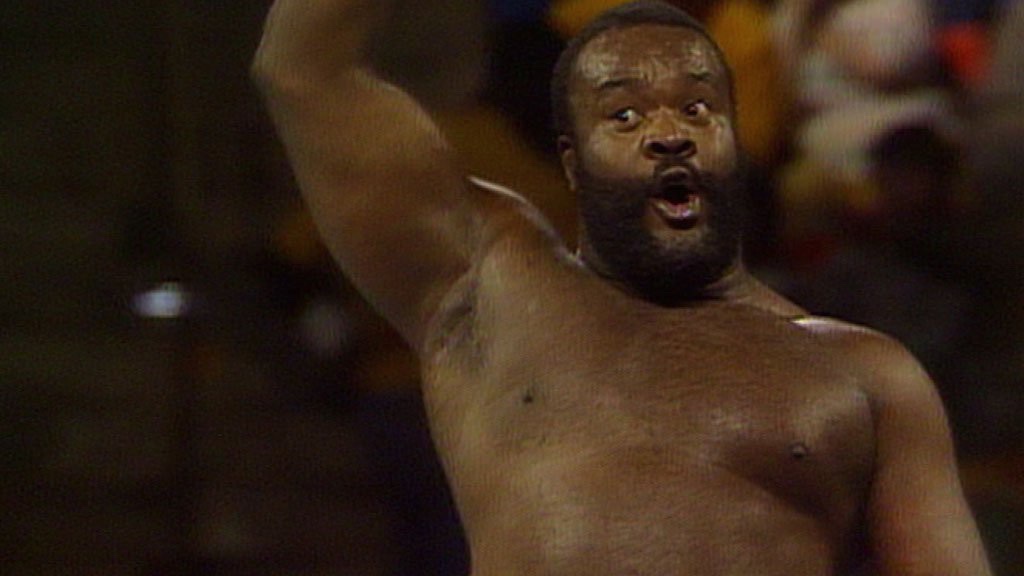
We wouldn’t see the first African-American World Champion crowned until 1992, when Ron Simmons was anointed in World Championship Wrestling (ironically by Bill Watts in an attempt to duplicate the incredible JYD). Since that time, only seven Black men have had the opportunity to hold the top championship in significant promotions. While I’m grateful to have been able to experience those victories in real-time, I can only imagine the jubilations from fans in the eighties if they were able to see the Black men who undoubtedly could have carried their respective promotion’s world title. For every Rock or Bobby Lashley title win, we could have experienced Rocky Johnson and Tony Atlas. For every Big E and Ron Killings, we could see Butch Reed and Koko B. Ware. Because of the racial influence that prevented a Black World Champion, Junkyard Dog was never allowed to walk down the aisle as The Man, an honour that he deserved. I often wonder if he had become champion, how many young Black children would have been influenced to get more involved by seeing the sorely lacking representation during that time. Black fans were amongst the majority selling out arenas, and having someone who looked like them as the primary star of the business would have changed an evolving game for the better.
Imagine a packed and lively crowd with tears in their eyes, rushing to the ring inside the Louisiana Superdome as the ring announcer proclaimed The Junkyard Dog as the NEW NWA Worlds Heavyweight Champion.
Doesn’t it give you goosebumps?

